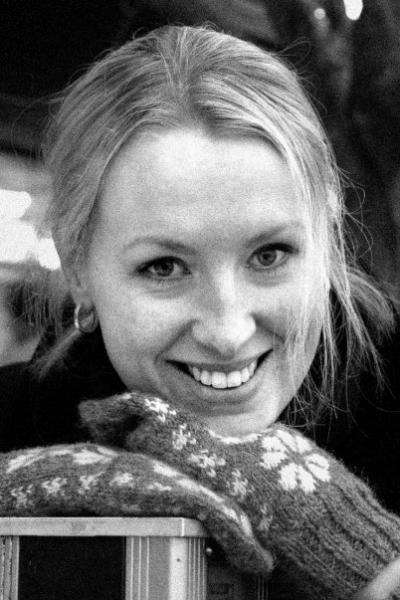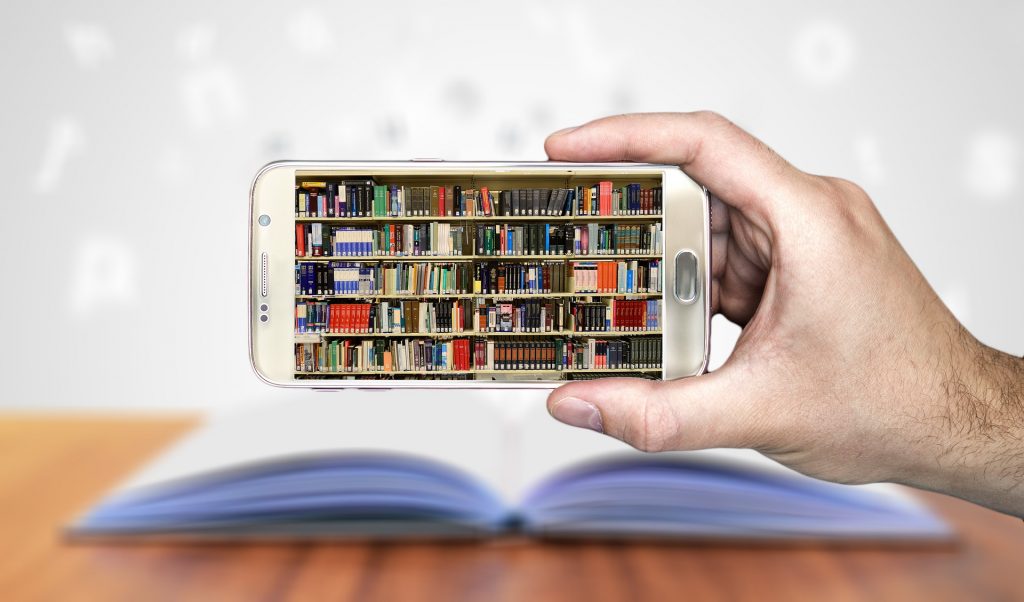During the autumn semester of 2020, the course Digital Libraries was given for the first time. To read more about the course, follow this link. The course addresses digital libraries from a research perspective. I was able to find a moment with Amalia Juneström, Phd student at the department and course coordinator for Digital Libraries, to talk about her thoughts her relationship with Digital Humanities and her thoughts on the coure.

What is your research background and how did you find Digital humanities as an educational and research subject?
My research background is in literature and library and information studies. At first digital humanities seemed a little vague. However, I soon recognized that the field has much potential for me. It’s transdisciplinary nature is inspiring and I’ve learnt a lot from being involved in the digital humanities.
How do you, if you do, use digital tools or digital methods in your own research?
Although digital tools are ever present in my research (especially digital search tools), I’m more interested in how other people use digital tools and methods. For example, in one study, I used interviews, a very non-digital method, to find out about how journalists work with content moderation in a digital environment.
What would you say was the most successful or meaningful part of the course for you and for your students?
My course, digital libraries, is an introduction to libraries as a research field and as a professional environment. Most of the students had no background knowledge of libraries as an academic discipline. I’d say that one of the most important aspects of the course was that it linked library and information studies to digital humanities and showed the students why and how libraries are relevant to them as digital humanists.
What do you think is the most important tool or piece of knowledge that the students learn during your course?
I hope that the students have gained the ability to critically assess issues relating to digital libraries and that they will recognize the relevance of these issues regardless of where they will find themselves in the future

